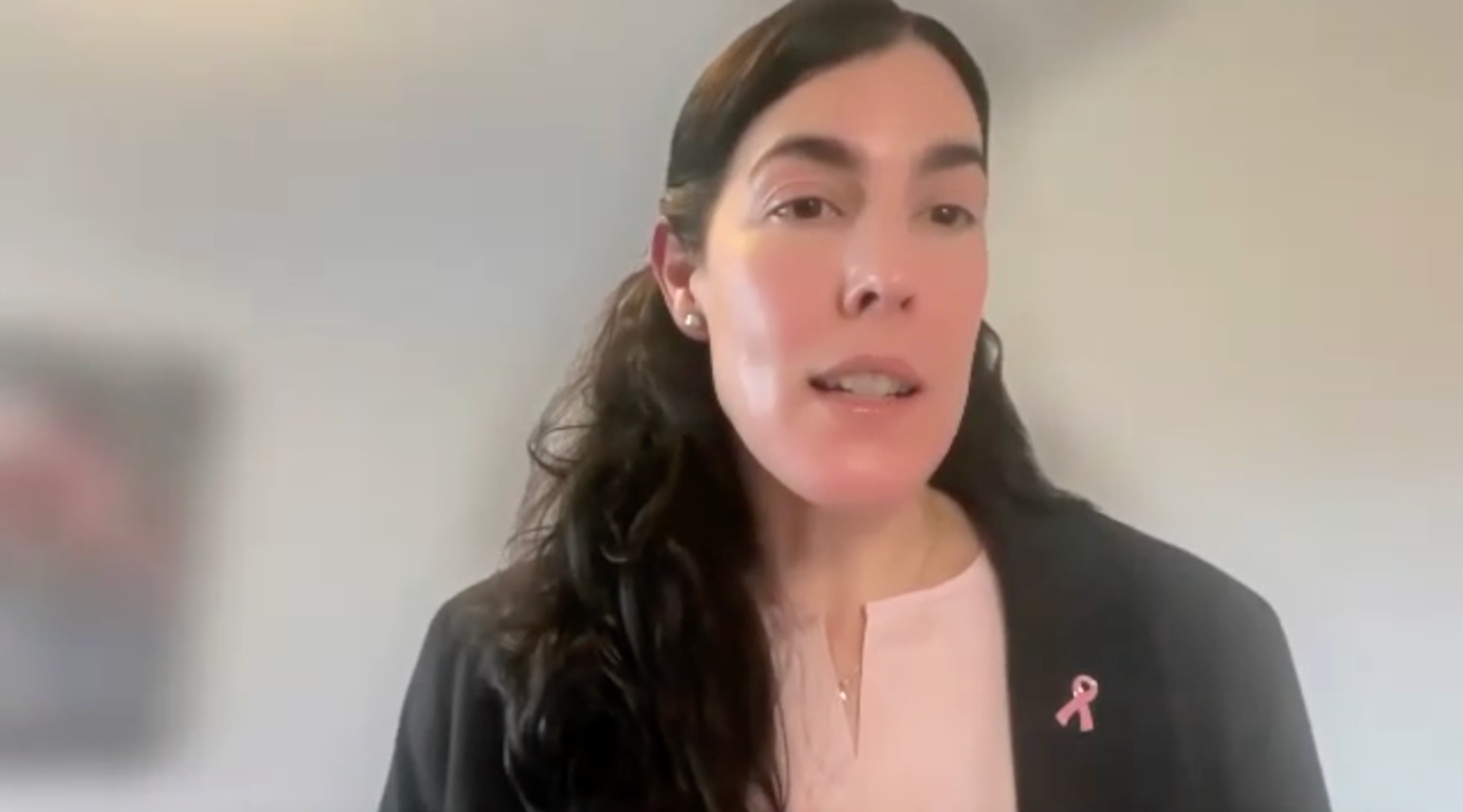TB Crisis Looms: WHO Sounds Alarm on Potential Pandemic Spike Amid USAID Funding Cuts

Global health experts are sounding the alarm over potential cuts to tuberculosis aid, warning that such reductions could put millions of lives at risk worldwide and potentially compromise public health within the United States itself.
Tuberculosis, a deadly infectious disease that has long been a global health challenge, is experiencing a concerning resurgence. Recent data suggests that reducing international support for TB prevention and treatment could have catastrophic consequences, not just in developing countries but also domestically.
Health authorities emphasize that tuberculosis does not respect national borders. As cases rise both internationally and within the United States, strategic investments in global health interventions are more critical than ever. Cutting aid could create a dangerous ripple effect, undermining years of progress in controlling this persistent and potentially fatal disease.
The potential consequences extend beyond immediate health risks. Reduced TB support could strain healthcare systems, increase treatment costs, and create broader public health vulnerabilities that could ultimately impact the United States' own population.
Experts are urging policymakers to recognize the interconnected nature of global health and maintain robust support for tuberculosis prevention, research, and treatment programs. The stakes, they argue, are simply too high to risk regression in the fight against this global health threat.








